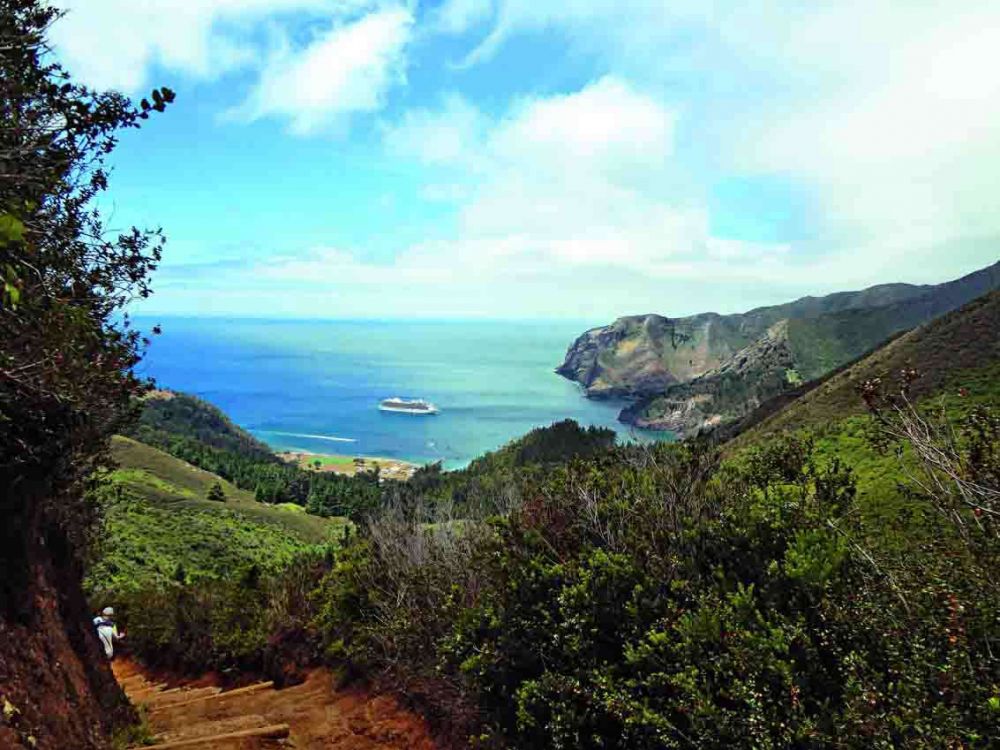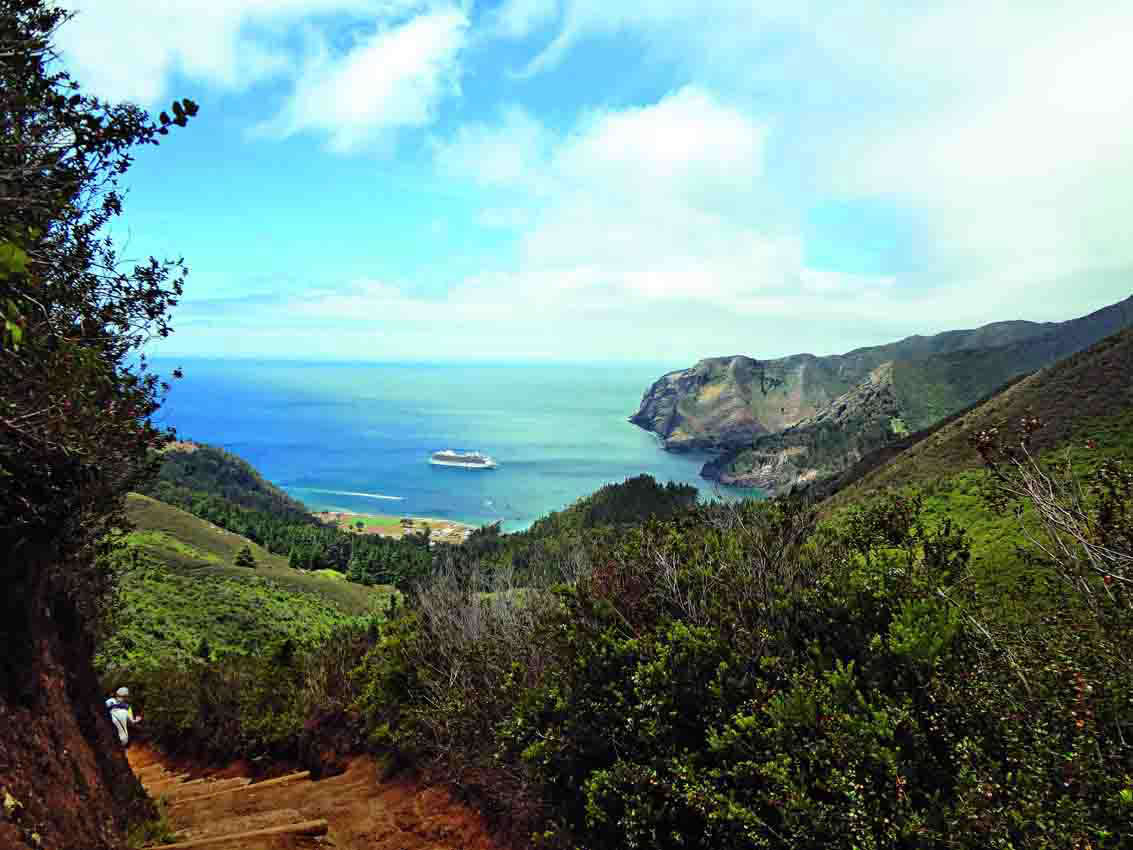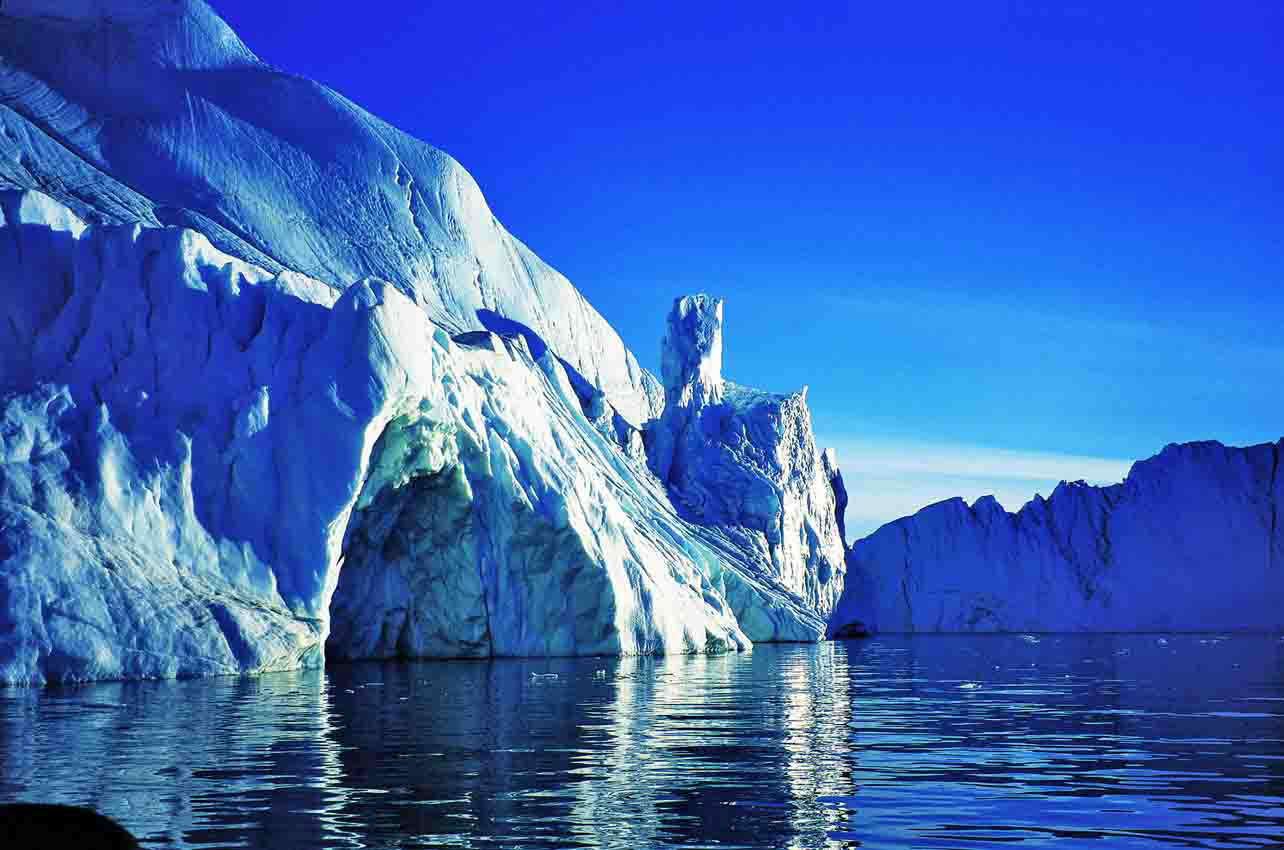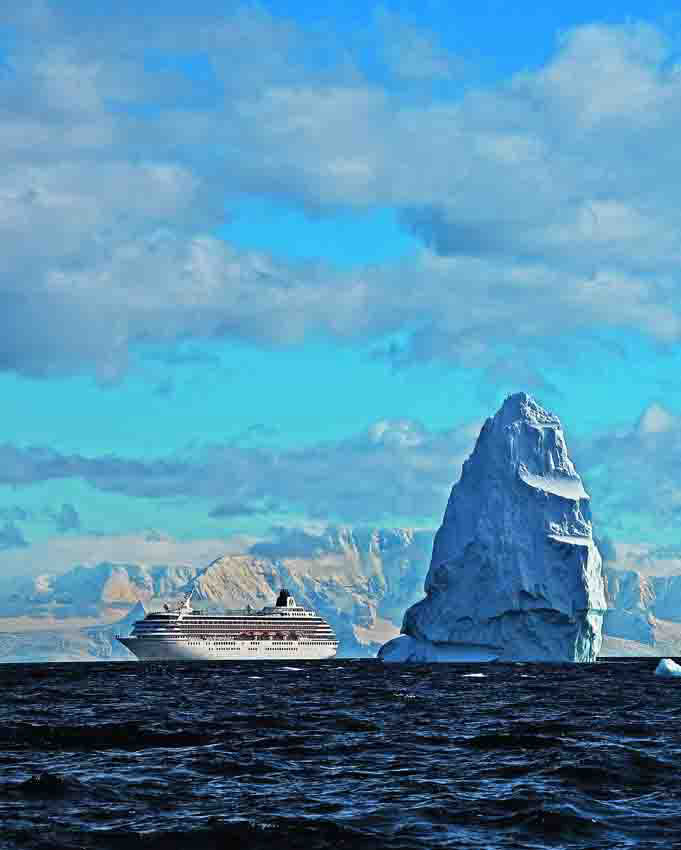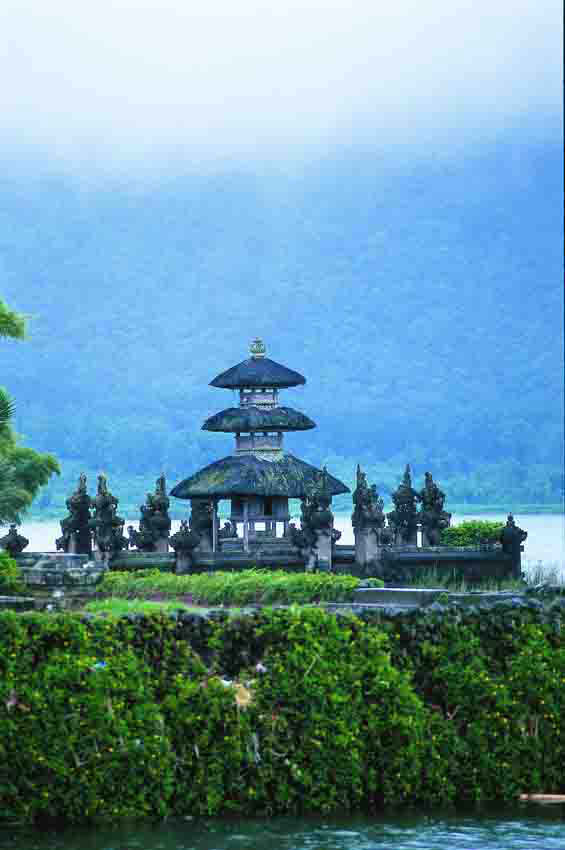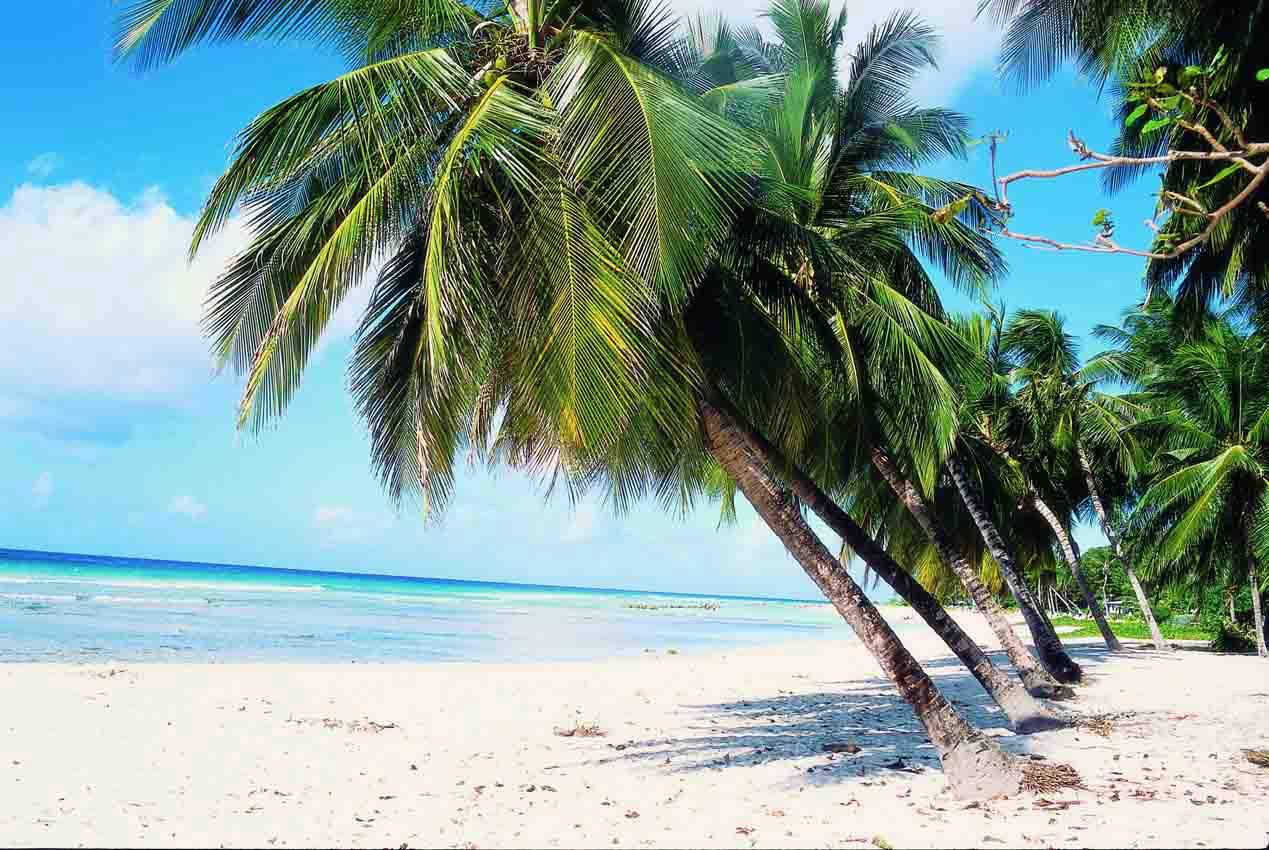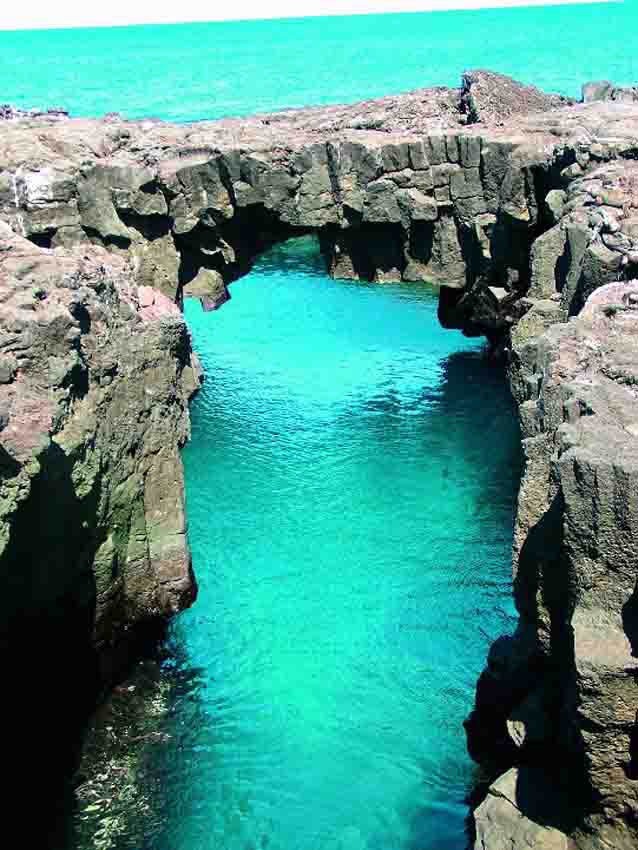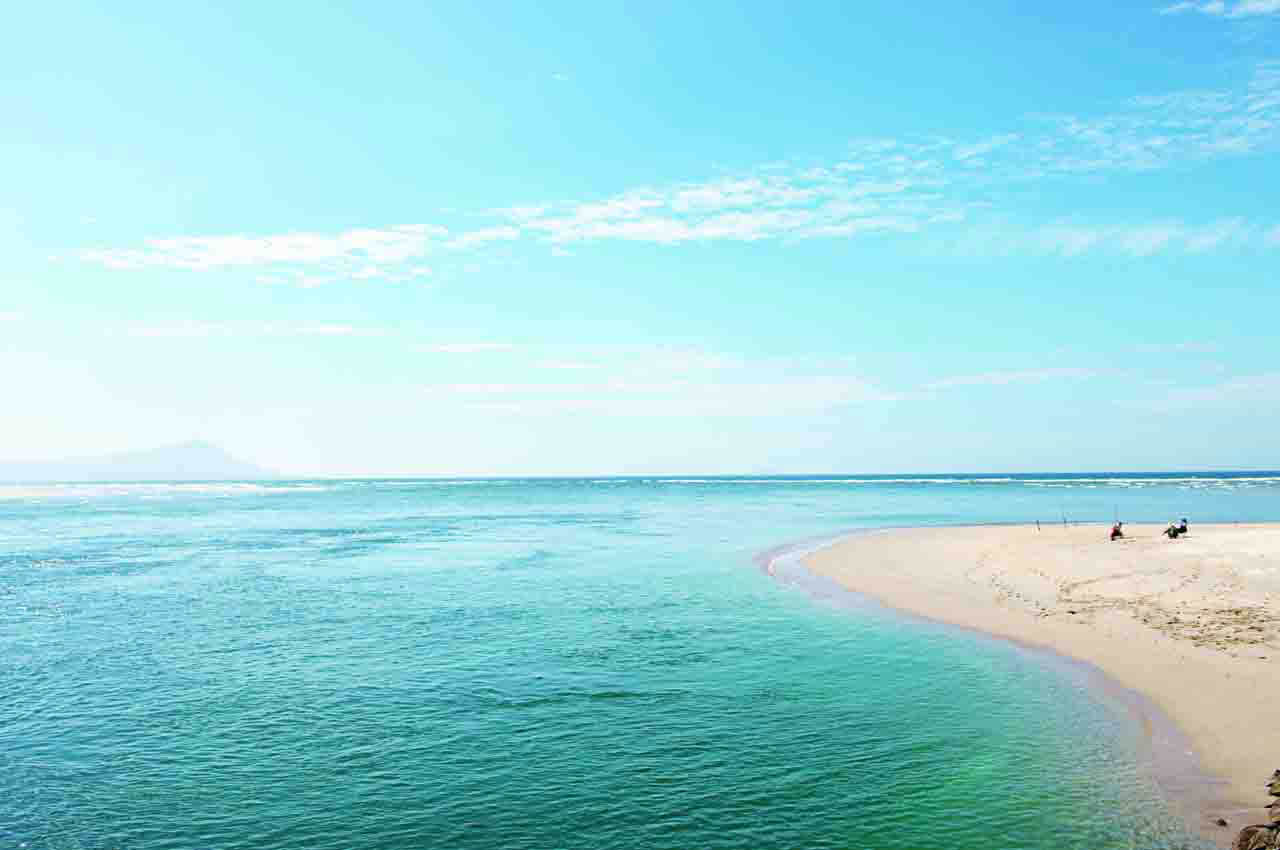Castaway Paradise South Pacific
Join one of the rare clutch of cruises that travel to isolated, barely touched specks on the planet. The first port of call sets the tone: Robinson Crusoe Island, more than 650km off the Chilean coast, where Alexander Selkirk was marooned as a castaway in 1704.
There is arguably nowhere on earth more evocative of castaway desert island living than the South Pacific. A clichéd notion, perhaps, but the reality isn’t far from how you imagine it. See for yourself with Oceania Cruises, which has a Pacific Paradise voyage from Valparaiso, Chile, to Papeete, the captivating capital of Tahiti.
After Robinson Crusoe Island, you’ll head west to Easter Island, enjoying four lazy days at sea, the soporific air tempered by the southeast trade winds. Few places feel as lost in time as Easter Island: it is home to the enigmatic moai – the enormous stone figures, up to ten metres tall, whose origin has generated theories as bizarre as the statues themselves.
After two more days sailing the turquoise waters of the South Pacific, the cruise stops at Pitcairn Island. Here, the population of around 50 people – most of whom are descended from Fletcher Christian and his fellow Bounty mutineers – come out to greet their visitors. This remains one of the world’s most remote islands, and a visit is still regarded by locals as something of note.
Tahiti is as seductive as the artist Paul Gauguin found it in the 19th century. The islands of French Polynesia are the embodiment of a tropical idyll, with palm trees swaying in the wind, the sea a startling shade of blue and shades a necessity rather than a fashion statement. The islands are still very French in outlook and have the joie de vivre to go with it. Other stops on the trip include Fakarava and Bora Bora in French Polynesia.

